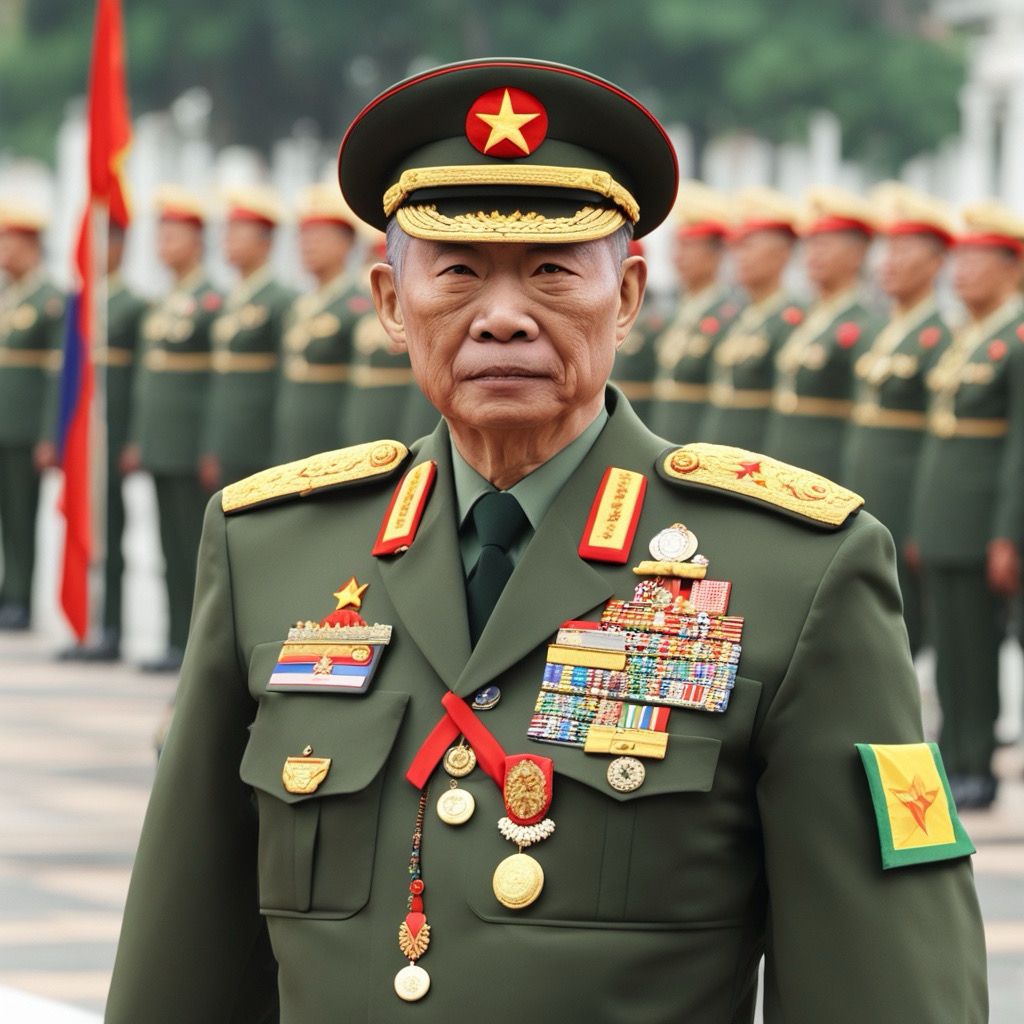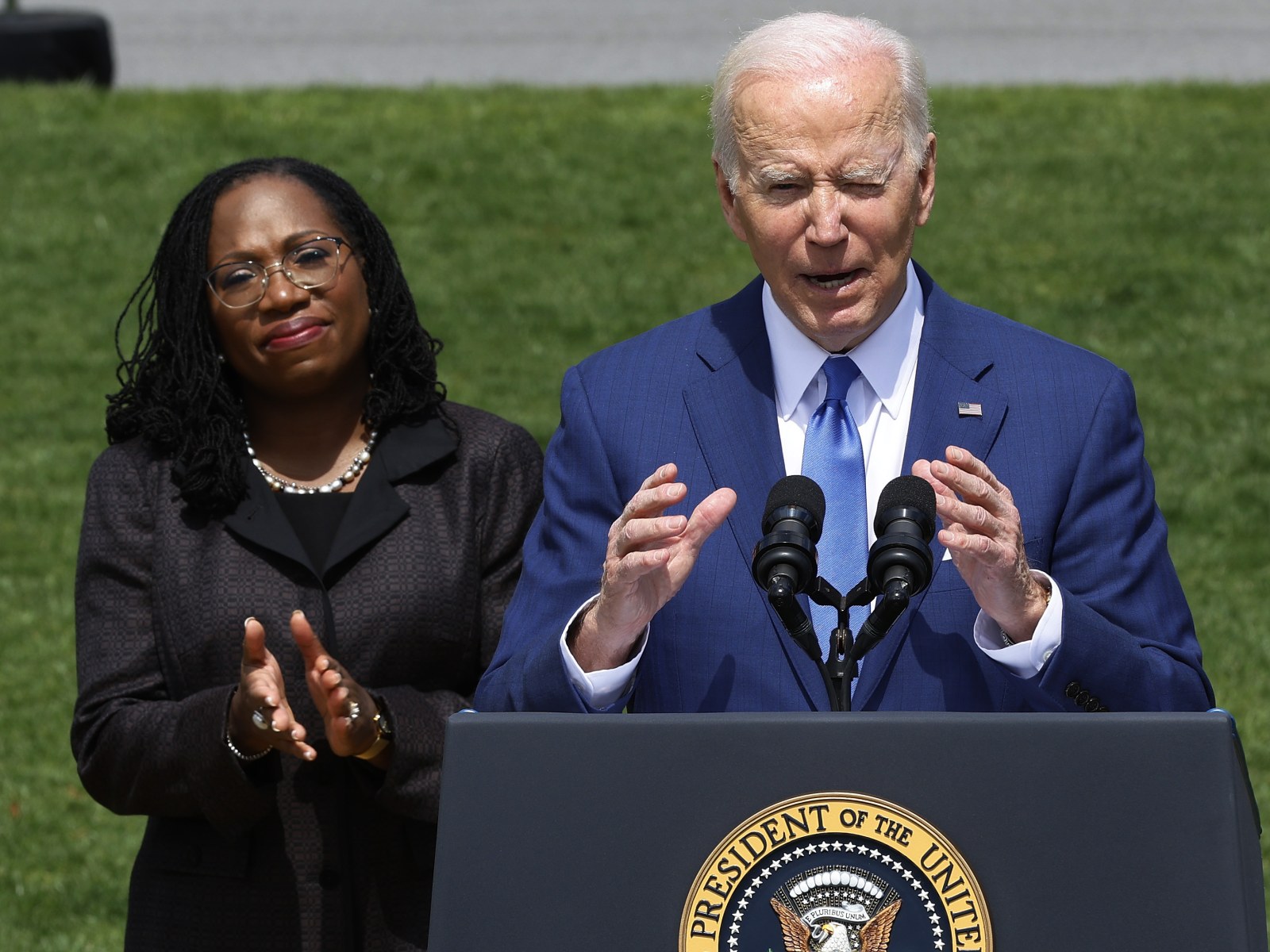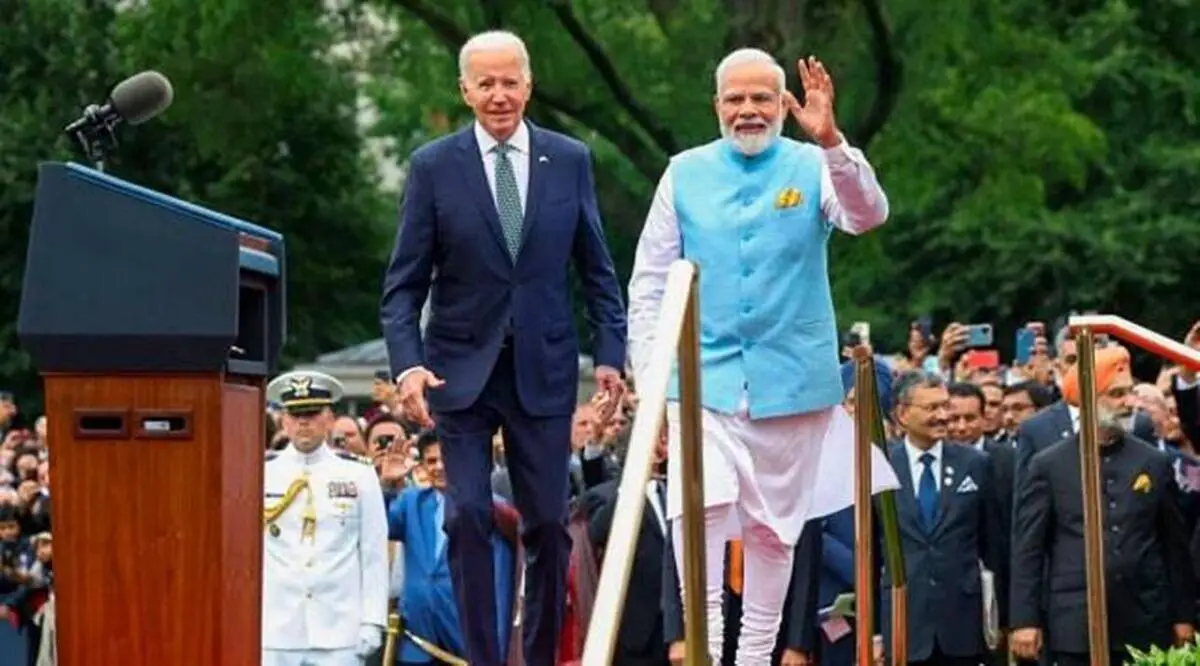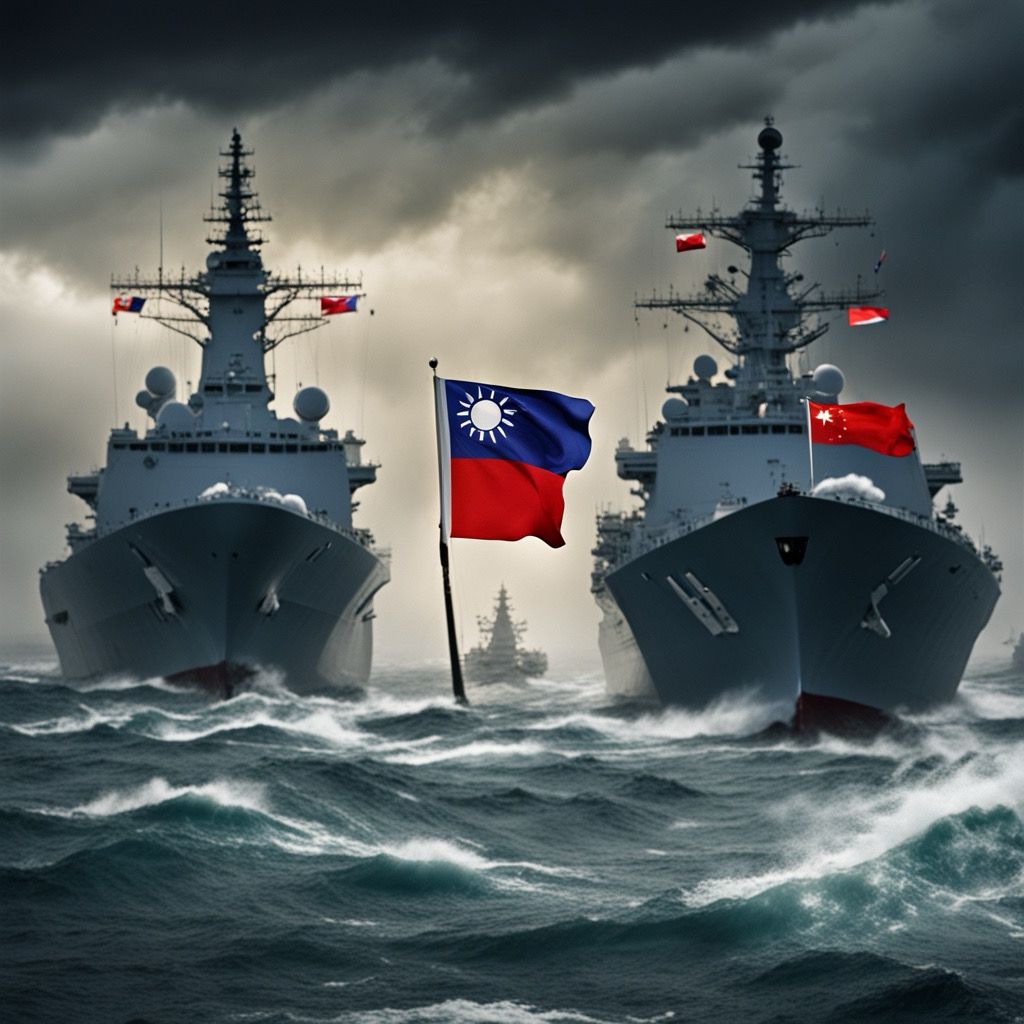Published: 3 months ago
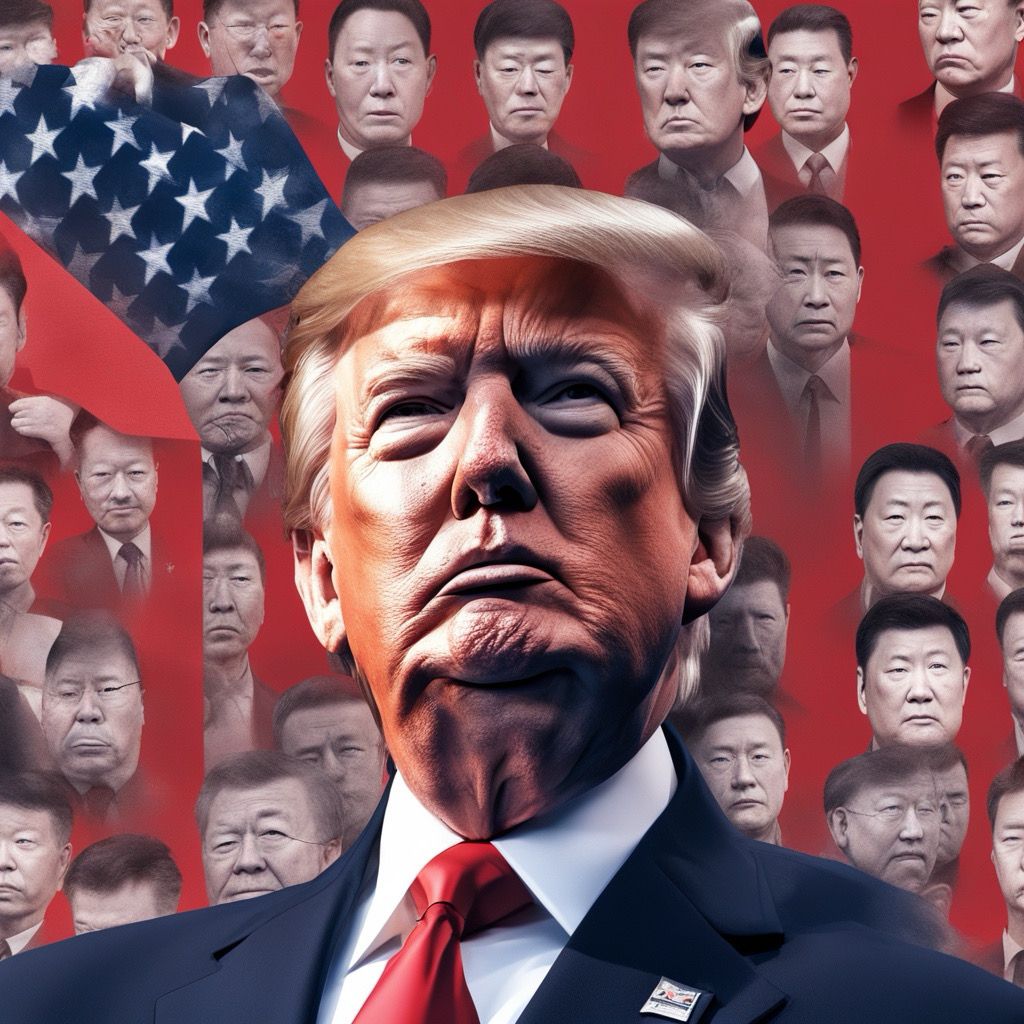
World Affairs
Economics
Summary
President Trump's proposed four-year plan to phase out Chinese imports and limit Chinese investments in the U.S. raises questions about the feasibility and potential consequences of decoupling from one of the world's largest economies.
Article
Decoupling from China is a complex and multifaceted issue that has gained significant attention in recent years. President Trump's proposal of a four-year plan to phase out all Chinese imports of essential goods highlights the growing concern over the economic and national security implications of the deepening dependence on China. In this essay, we will explore the reasons behind the push for decoupling, as well as the potential benefits and challenges of such a bold move.
Understanding the need for decoupling from China
China has emerged as a dominant player in the global economy, serving as a key supplier of essential goods ranging from electronics to pharmaceuticals. This heavy reliance on Chinese imports poses risks to our economy and national security, as demonstrated by the disruptions caused by the COVID-19 pandemic.
Decoupling from China offers a way to reduce these risks and safeguard our economy and national security. By diversifying our supply chains and reducing our dependence on China, we can mitigate the vulnerabilities that come with such a heavy reliance on a single country. This move can also help to protect American jobs and industries, as it incentivizes companies to bring manufacturing back to the United States or seek alternative sources of supply.
Furthermore, decoupling from China can help to address issues related to intellectual property theft and forced technology transfer. China's policies and practices have long been a source of concern for U.S. companies, who often find themselves at a disadvantage when doing business in the country. By decoupling from China, we can remove ourselves from these harmful practices and protect our innovative industries from being exploited.
Significant challenges
Such a move could lead to disruptions in global trade and supply chains, causing short-term economic pain for both countries. It could also strain diplomatic relations between the United States and China, potentially leading to retaliatory measures from the Chinese government.
Shifting production away from China may require companies to find new suppliers for raw materials and components. This could introduce new risks related to quality control, lead times, and the reliability of these new suppliers, potentially affecting the overall efficiency of the supply chain.
Moving production to a new country could expose companies to political and regulatory challenges specific to that region. These challenges could include trade barriers, tariffs, labor regulations, or other restrictions that could impact the reliability and efficiency of the supply chain.
However, the long-term benefits of decoupling from China outweigh these short-term challenges. By taking proactive steps to reduce our dependence on China and protect our economy and national security, we can position ourselves for a more secure and resilient future. This move can also send a strong message to other countries about the need to address unfair trade practices and protect intellectual property rights.
Decoupling from China is a necessary and timely step to protect our economy and national security. By reducing our reliance on Chinese imports and diversifying our supply chains, we can mitigate the risks associated with our current dependence on a single country. While there are challenges associated with such a move, the potential benefits far outweigh the costs. It is time to take bold action to safeguard our future and ensure a more secure and prosperous tomorrow. Let us embrace decoupling from China as a necessary and positive step towards a stronger, more resilient economy and nation.
No opinions exist on this article yet!
Be the first one to share an opinion on this article.
This article does not have any attachments.
No Access
Share access to start recording your opinion







